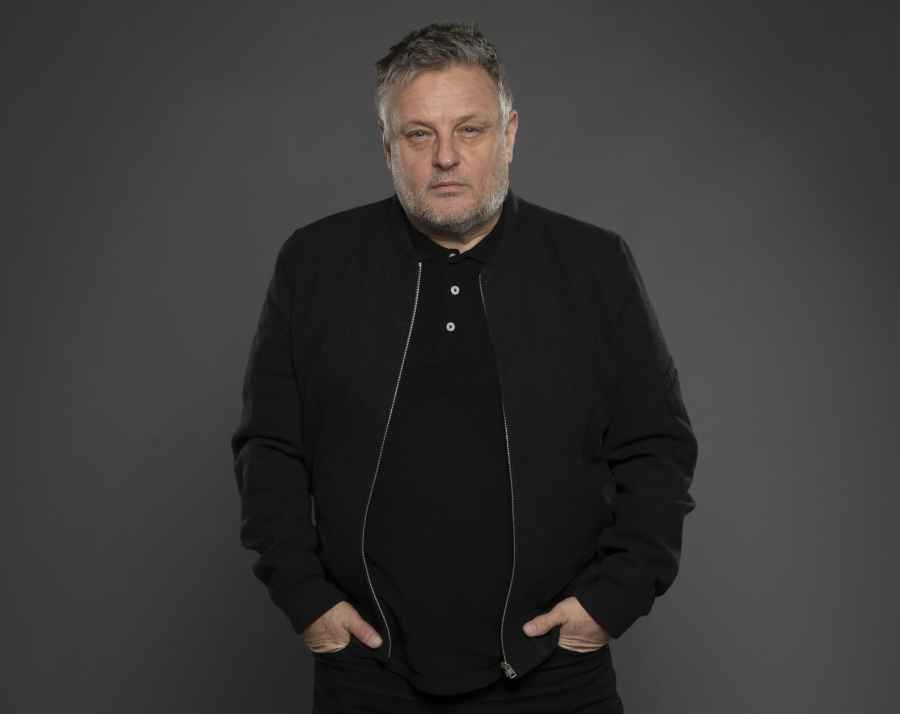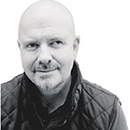The Great British Photography Challenge begins on May 24th at 9pm on BBC Four – six contestants will undertake a range of themed weekly challenges across the UK. The show is hosted by top celebrity and portrait shooter, Rankin, who reveals more in this exclusive interview
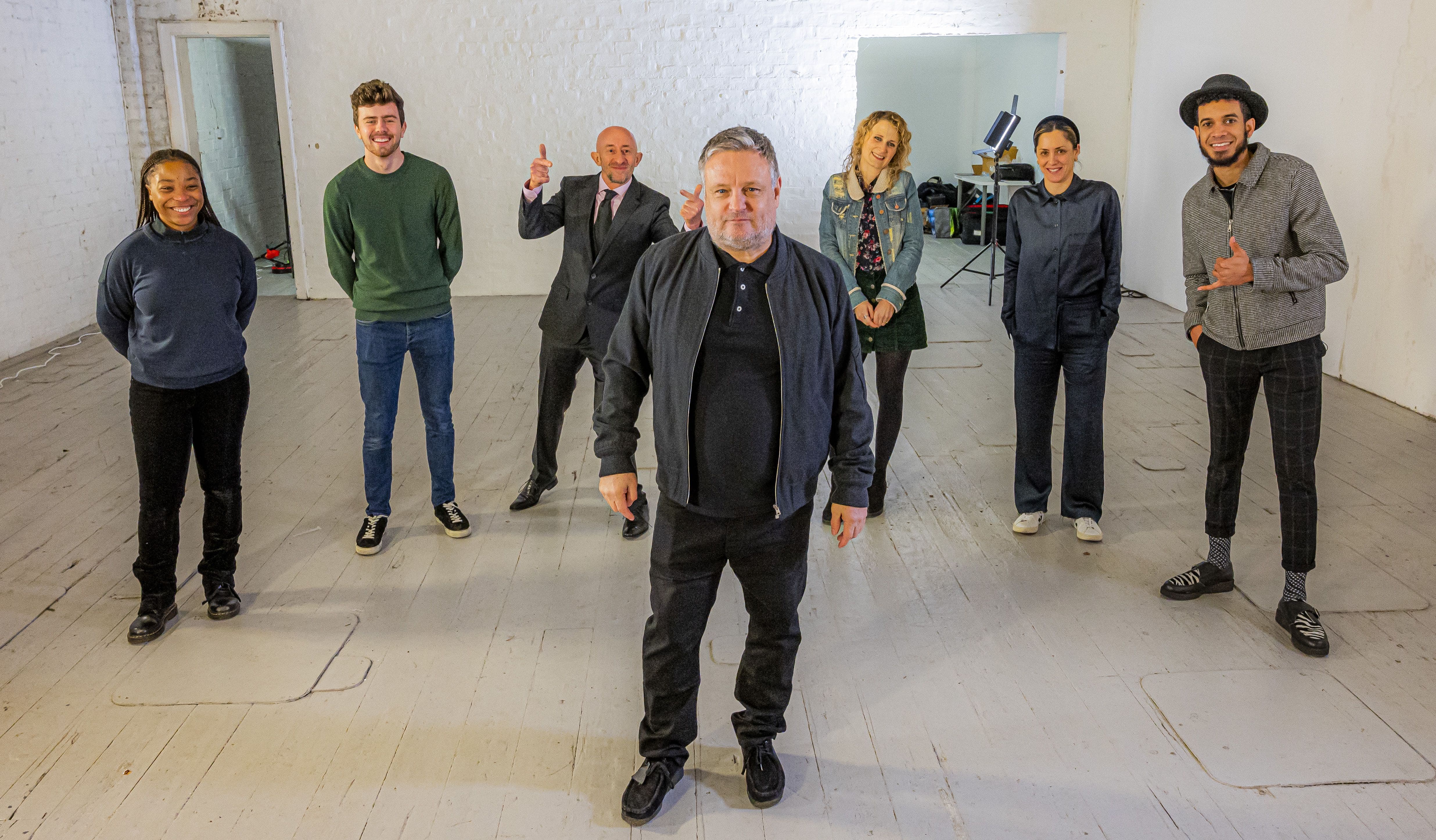
Rankin and the contestants
Rankin first made his mark on the industry when he co-founded Dazed & Confused Magazine in 1991. Throughout his career, he has shot everyone from Kate Moss, David Bowie and the Queen. On the Great British Photography Challenge, he is taking on the role of a mentor for six photographers as they work to create a portfolio to be revealed in an exhibition in the series finale.
How and why did you come up with the idea for the Great British Photography Challenge?
I wish the show was my idea, but no, it was a production company called Storyboard Studios based in Glasgow. They came up with the concept and approached me last year during lockdown.
I was drawn to it as it really spoke to how I feel about photography today. The thing you have to remember is that over the last 10 years, smart phones have democratised photography.
It is now an accessible medium to people from all social and economical backgrounds. Whereas in the past, the barrier to entry was just how expensive the technology was. Now everybody has a camera in their pocket and photography has become a visual language that everybody uses.
Initially that meant people were taking photographs of the food or terrible selfies, but in the last year, and especially during lockdown, photography has become something people all over the country are all growing into. We’re all using it to help us understand ourselves and our own identity, along with documenting the people, places and things around you.
It’s like this democratic medium is starting to come of age. That’s really what excited me about doing the show, because I can see and feel this new renaissance for photography and that is something that I wanted to be part of.
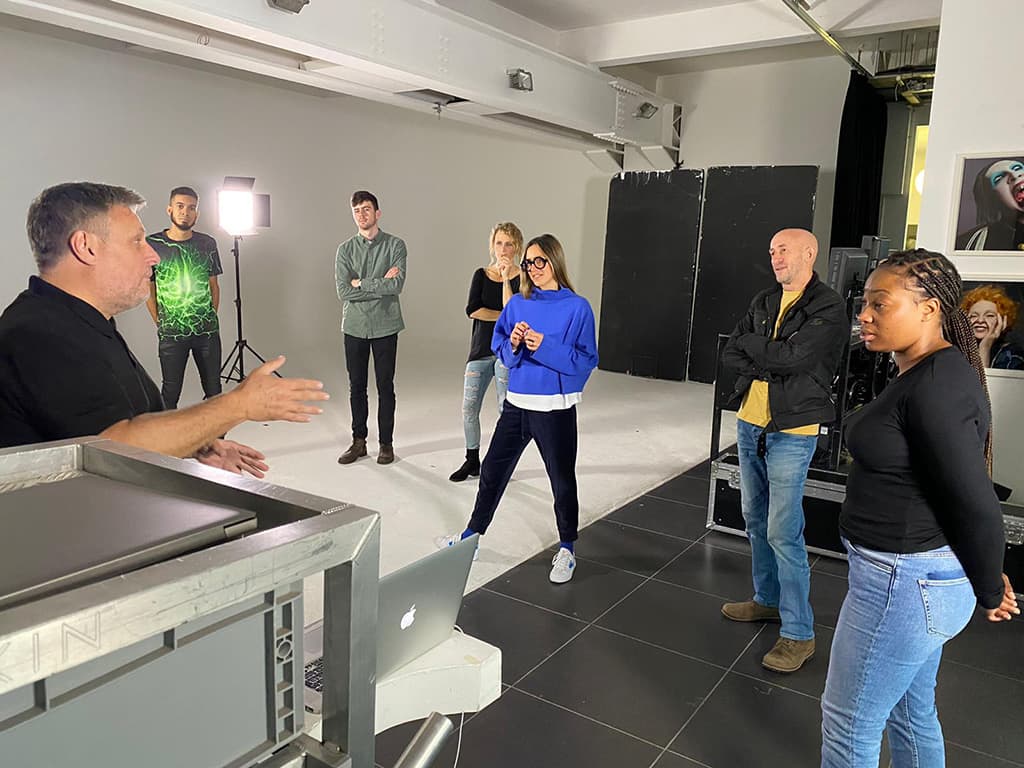
Unlike, say, The Great British Bake Off, contestants won’t be eliminated, even though there will be an overall winner. Why is this?
This was very much a condition of me being in the series. I don’t want to be the Simon Cowell of photography.
That kind of format has been repeated so many times, but I think people really want to learn and watch people grow.
We’re past the point with TV shows where we want to watch people fail. That feels outdated now. We’re in a much more supportive place socially.
For me, I wanted to burst the bubble of “the click”. It still surprises me how many people think that taking photographs is picking up a camera and just pressing a button.
But, all of your readers will know there is so much more to it than that and that’s what makes the medium so exciting to be part of. We all keep learning stuff.
So I wanted to make the competition as realistic as possible, and hence more educational than a gameshow. Of course there is jeopardy in having to execute briefs, but that’s the kind of the jeopardy that we all go through whenever we take on a commission or start a project.
There will be detractors and people saying it isn’t real, but it’s our first series and we were learning on the job.The main thing for me is that we take the audience on the educational journey with us and hopefully they get inspired by what we do.
I think one of the contestants you spoke to, Paul, put it best when he said that they’re all winners from going through the experience.
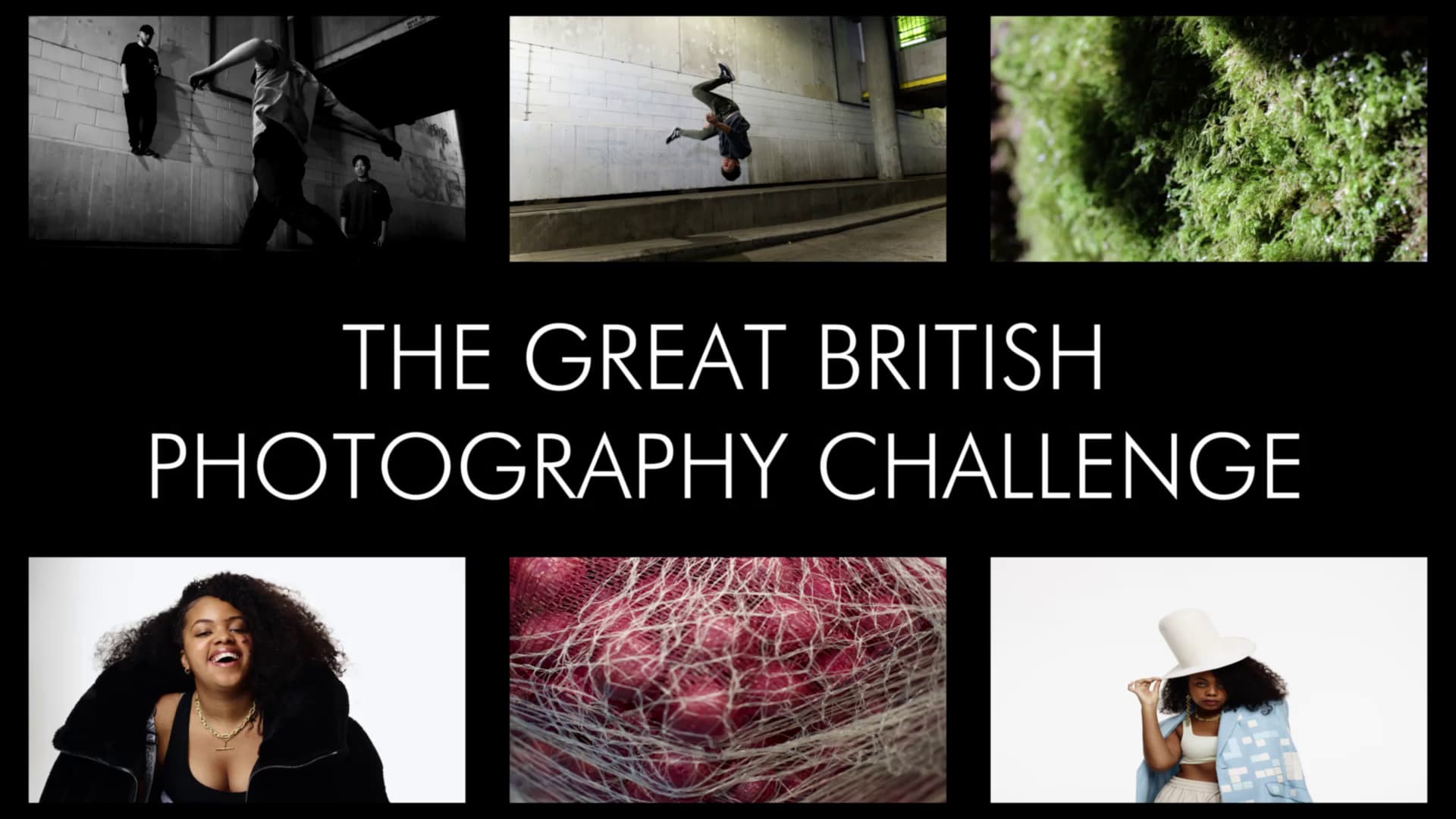
Is there a strong emphasis on smartphone photography in the show, or will ‘conventional’ cameras be used as well?
There is one smartphone challenge per episode, but conventional cameras are used throughout.
We chose to have a smartphone task every episode because it’s a great way to strip back a photographer and make them approach a subject differently than they do in their normal day-to-day practice.
It means the challenge isn’t about the technical elements of photography but more about gut instinct and concept.
Throughout the episodes the challenges become about more than just single images, they really ask the participants to think about all stages of being a working photographer: they ask them to be able to plan, pre-produce, organise, work under pressure et cetera.
These are the pressures that anyone who receives any type of commission or starts out on a personal project has to deal with.
If it takes off, do you hope the show might make it to BBC One or Two?
Absolutely, but honestly I’m just happy with what we’ve done. I’ve learnt throughout my career to never presume success. Whenever I have, it has never happened.
How you balance being supportive and encouraging to the participants, who are all amateurs, while also giving them ‘robust’ feedback? Obviously it’s not Ramsay’s Hells Kitchen…
The most important thing for me, was that the experience was as real as possible. So I’m just very honest with the photographers.
After all, in the real world, you are told when you haven’t delivered.
It’s not just my voice either giving feedback. The show has some great guests and other mentors – who specialise in everything from photography curation, to art buyers, PR and specialist photography fields.
Everyone had great feedback and spent a lot of time sharing their perspectives and expertise.
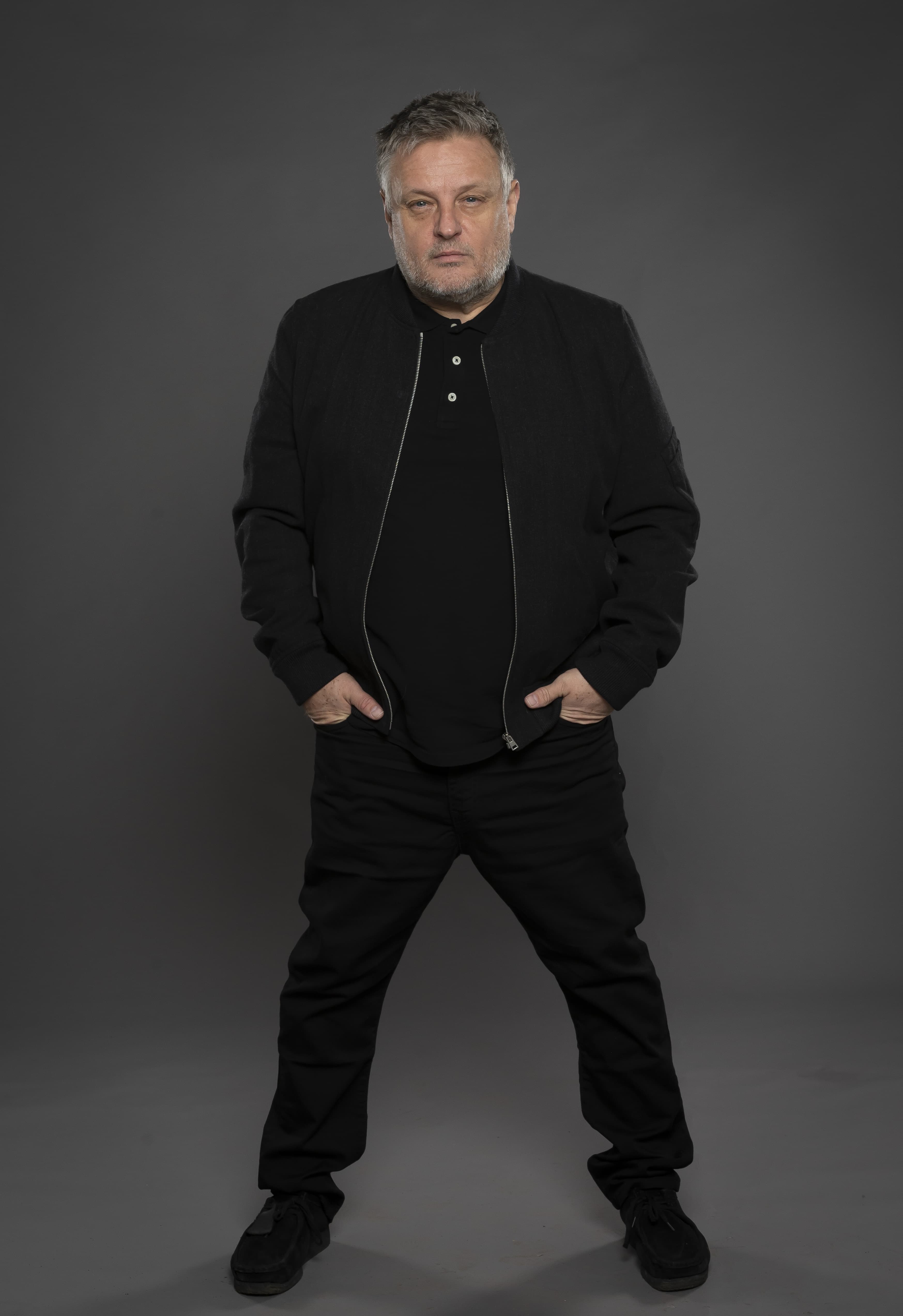
You’ve been successful in this industry since the 90s. What advice do you have for the next budding Rankin, wanting to succeed in commercial and portrait photography?
The best piece of advice I can give anyone, is to follow your own path. Doing it “Rankin’s way” or the way any other photographer has done it, will probably not work.
I know we work in what can be seen as a very fickle, trend-obsessed medium, and it’s very important to stay relevant. However that doesn’t mean that you need to work the way everybody else does. For example, currently, there is an obsession with shooting on film, which would make me run the opposite way.
Authenticity doesn’t come from the kit or technique you use, but from your mind. So stay true to who you are.

